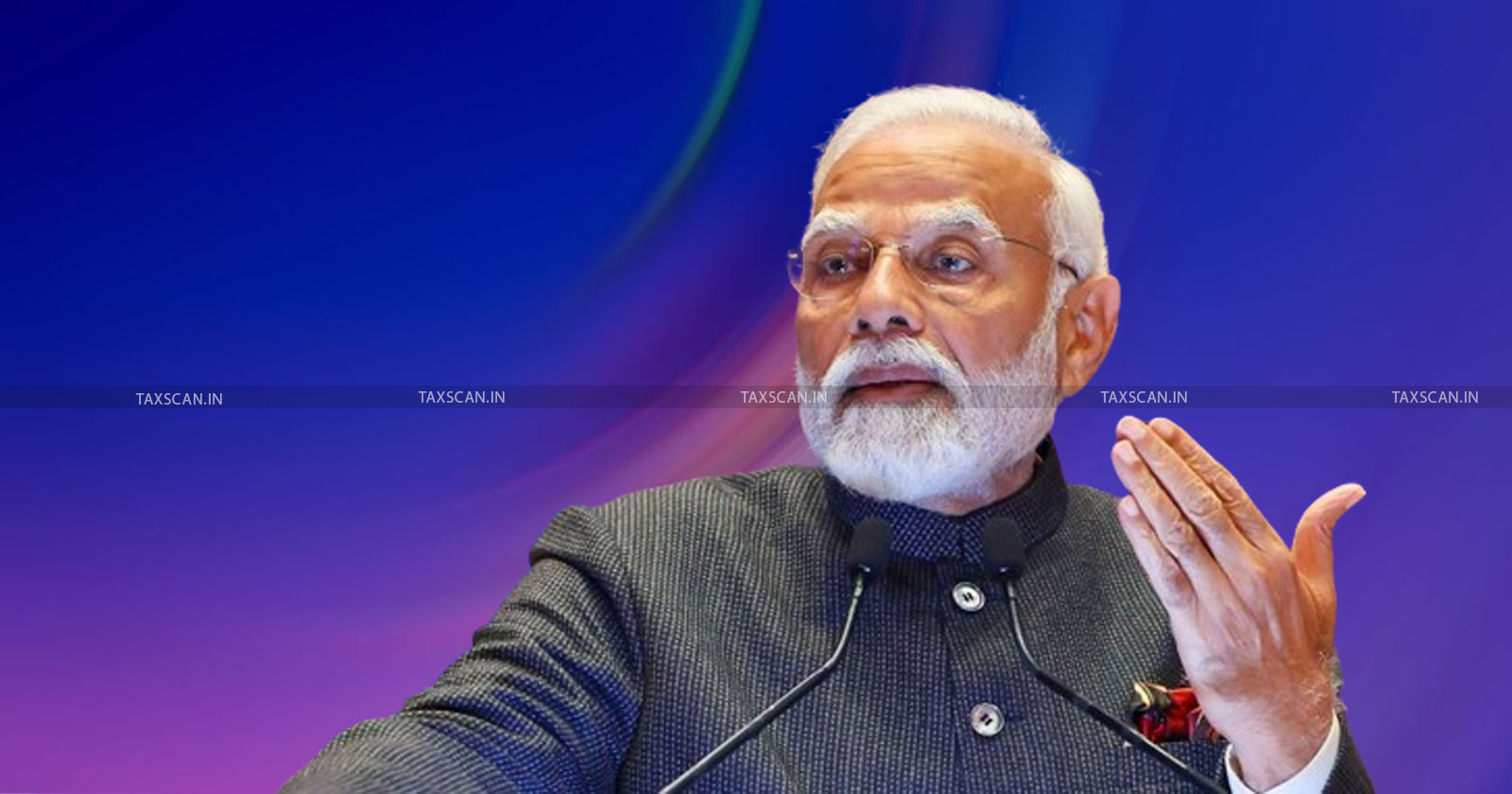Households benefited the most from GST Implementation, says Prime Minister
The Prime Minister of India has reaffirmed that the Government is committed to continue the journey of reforms to transform the lives of people

The Goods and Services Tax ( GST ), which replaced 17 local taxes and fees, was launched on July 1, 2017. Over the past seven years, GST has been reduced on many essential goods and services, benefiting common people, by way of rate rationalisation.
According to the Central Board of Indirect Taxes and Customs ( CBIC ), most household items, including flour, cosmetics, televisions, and refrigerators, have become more affordable post-GST. This reduction has eased financial pressure on households and improved affordability.
At a recent GST Council meeting, Finance Minister Nirmala Sitharaman reassured taxpayers, stating, "Our aim is to simplify the lives of GST assesses. We are striving for reduced compliance requirements."
Prime Minister Narendra Modi praised the seven-year journey of GST, highlighting its positive impact on 140 crore Indians. On social media platform "X,"(formerly twitter) he cited a newspaper report sourced from PTI saying, "For us, reforms are a means to improve the lives of 140 crore Indians. After the introduction of GST, goods for household use have become much cheaper." He emphasised that GST has increased savings for the poor and common man by reducing taxes on household items like flour, curd, and detergent. "This has resulted in significant savings for the poor and common man. We are committed to continuing this journey of reforms to transform people's lives," he added.
The GST has unified numerous central and state taxes into a single tax, significantly reducing the negative effects of cascading or double taxation and creating a common national market. Consumers have benefited from a lower overall tax burden on goods. Additionally, GST has enhanced the competitiveness of Indian products in both domestic and international markets by neutralising input taxes across the production value chain.
On June 22, Finance Minister Nirmala Sitharaman announced that the next GST Council meeting is tentatively set for mid-to-late August. The Council proposed exemptions for specific services by Indian Railways to the public and for intra-railway transactions. They also recommended waiving interest penalties on demand notices under Section 73 of the GST Act for fiscal years 2017-18, 2018-19, and 2019-20, pertaining to cases not involving fraud, suppression, or misstatement. Taxpayers paying the full tax demanded by March 31, 2025, will benefit from this waiver. The Council also approved extending the period for availing input tax credit (ITC) on invoices or debit notes.
In spite of having been implemented almost seven years ago, the Goods and Services Tax Appellate Tribunal ( GSTAT ) is yet to be active for hearing second appeals, causing a loop of litigation in the high courts across the country in its absence.
Support our journalism by subscribing to Taxscan premium. Follow us on Telegram for quick updates


